
Ashley Yeager is the associate news editor at Science News. Previously, she worked at The Scientist, where she was an associate editor for nearly three years. She has also worked as a freelance editor and writer, and as a writer at the Simons Foundation, Duke University and the W.M. Keck Observatory. She was the web producer for Science News from 2013 to 2015, and was an intern at the magazine in the summer of 2008. She holds a bachelor’s degree in journalism from the University of Tennessee, Knoxville, and a master’s degree in science writing from MIT. Her book, Bright Galaxies, Dark Matter and Beyond, on the life of astronomer Vera Rubin, will be published by MIT Press in August.

Trustworthy journalism comes at a price.
Scientists and journalists share a core belief in questioning, observing and verifying to reach the truth. Science News reports on crucial research and discovery across science disciplines. We need your financial support to make it happen – every contribution makes a difference.
All Stories by Ashley Yeager
-
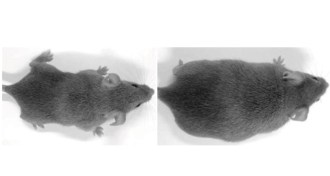 Health & Medicine
Health & MedicineLow semen levels in mice make for fatter sons
Mice without the glands that make semen may sire sons with more body fat.
-
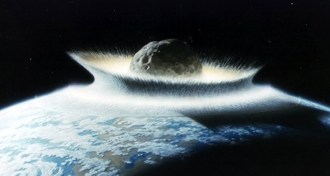 Earth
EarthEighth century carbon spike not from comet impact
The space rock would have to have been 100 kilometers across and 100 billion to 1,000 billion tons, leaving a disastrous impact not supported by geological or written records.
-
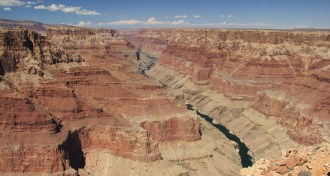 Earth
EarthGrand Canyon’s origin dated to 6 million years ago
Even though parts of the canyon are old, the chasm could not have taken on its grand form until erosion from the Colorado River connected all of the smaller canyons, which was roughly 6 million years ago, scientists argue.
-
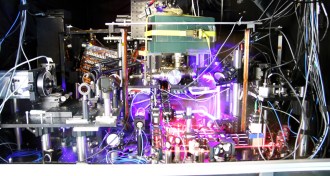 Quantum Physics
Quantum PhysicsAtomic clock sets world records for precision, stability
The strontium atomic clock is about 50 percent more precise than the previous record holder made of a single charged aluminum atom and rivals the ytterbium atomic clock for the title of most stable.
-
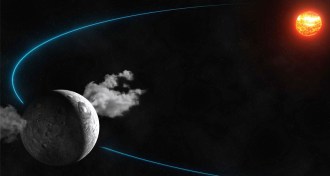 Planetary Science
Planetary ScienceDwarf planet Ceres gives off gassy water
Astronomers report observations that Ceres releases water molecules from two distinct spots on its surface.
-
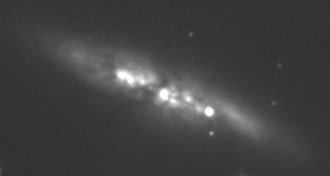 Cosmology
CosmologyNew supernova spotted in nearby galaxy
The galaxy M82 has given off a brilliant flash, which astronomers have confirmed as a type 1a supernova.
-
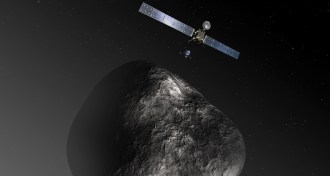 Astronomy
AstronomyRosetta spacecraft checks in with Earth
The spacecraft has successfully transmitted a signal to Earth, meaning that ESA controllers can now prepare Rosetta for its August rendezvous with comet 67P/Churyumov–Gerasimenko.
-
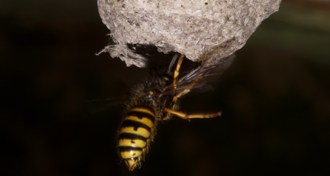 Animals
AnimalsInsect queens sterilize workers with similar chemical
When exposed to a form of saturated hydrocarbons that mimicked the queen’s scent, the worker insects’ ovaries degraded.
-
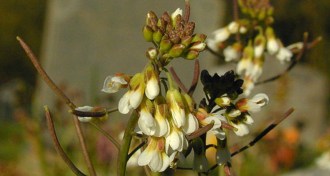 Plants
PlantsPlants’ ATP collector found
Scientists identified two genes that write the code for the molecules, or receptors, that pull ATP into plant cells.
-
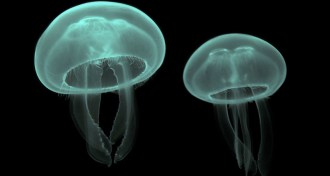 Animals
AnimalsJellyfish bloom in spring when winter ‘timer’ dings
The coordinated appearance of the adult form of the animal is the result of a metamorphosis hormone that accumulates during winter months.
-
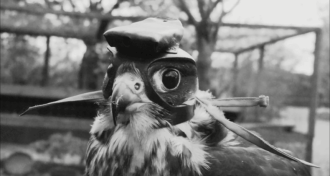 Animals
AnimalsHead cam shows how falcons track prey
Falcons use motion camouflage to capture flying prey, a new study shows.
-
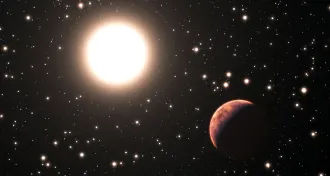 Astronomy
AstronomyPlanet found around sun twin in star cluster
The exoplanet YBP1194b orbits a twin of the sun in the star cluster Messier 67. Astronomers found three planets orbiting stars in the cluster.